17 'Survivor' Legends Share How to Outwit, Outplay, and Outlast Any Situation
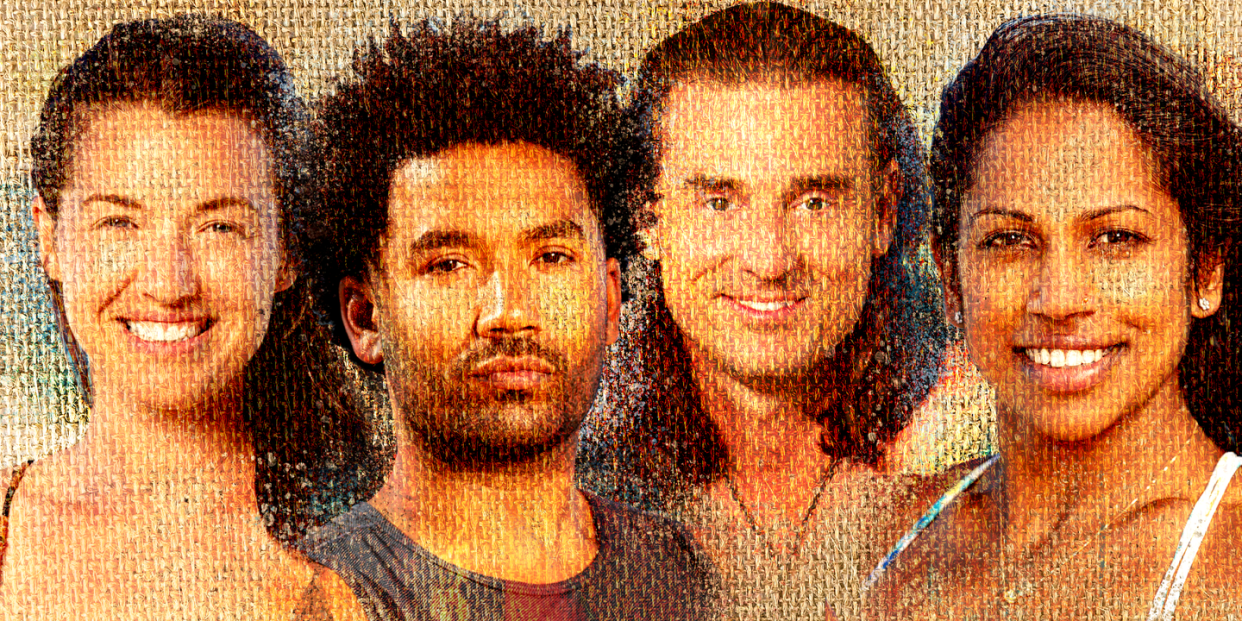
“Hearst Magazines and Verizon Media may earn commission or revenue on some items through the links below.”
FIRE REPRESENTS YOUR LIFE. In case you’ve somehow never seen an episode of Survivor, the trapped-on-a-desert-island reality TV competition series that has aired continuously for 40 consecutive seasons over the last 20 years, that’s the most crucial catchphrase to remember.
It’s fire that symbolizes each contestant’s motivation to win, and their torch gets extinguished if they’re voted off by their peers. But by late November 2020, the show itself had disappeared—on hiatus for the first time, well, ever—and our own metaphorical torches seemed to have dimmed to a low ember. Covid was surging, the winter was forcing people back indoors, and the vaccine rollout still seemed a long way away.
Like so many of us, Christian Banda, a 29-year-old segment producer for The Daily Show living in Brooklyn, NY, found his days were filled with isolation, uncertainty, and apprehension. Although he was physically stuck inside his apartment, that darkness began to lift as he was mentally transported thousands of miles away to a serene, white-sand beach.
“Survivor saved my sanity,” Banda told me about discovering the show’s vast canon for the first time, calling it his “mental salvation” during lockdown. “It's a wild thing. Survivor was my down comforter. It was my armor. It was my friend.” No matter the circumstances—starvation, inclement weather, exhaustion—“the players play on,” Banda says, and being able to witness “the depth of true human perseverance” spurred him on during a time his life that often veered toward exceedingly bleak.
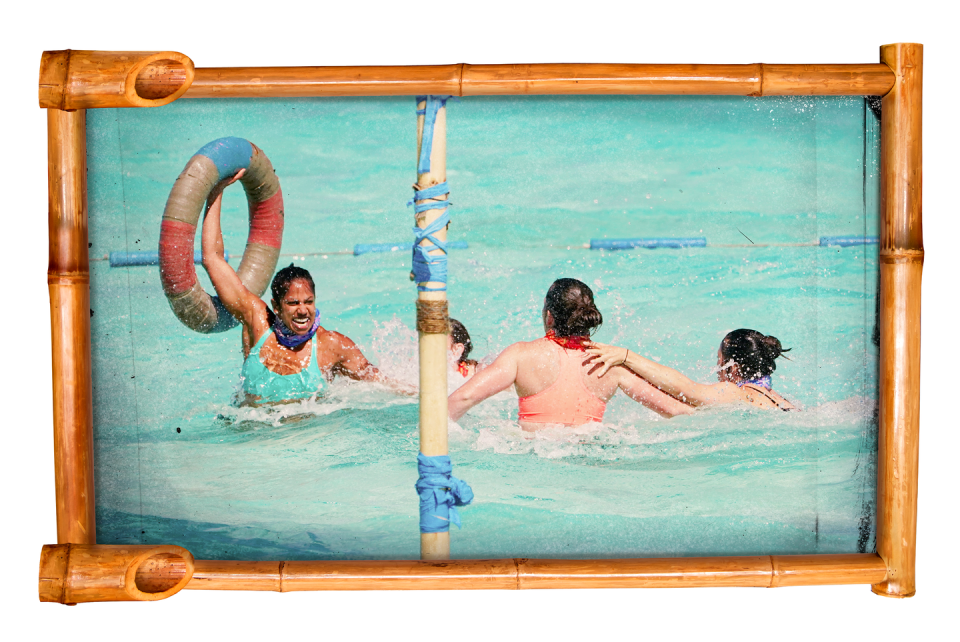
Banda is far from alone in watching Survivor as a coping mechanism. “My grandfather unfortunately passed away from Covid before Christmas. I felt so alone and mentally drained, but the only thing that could bring me happiness and meaning during that tough time was Survivor,” says Jaime Rodriguez, a 29-year-old educator at a non-profit for teens in New York City, who spent quarantine watching all 40 seasons in chronological order. “The most important lesson that Survivor taught me was that community is everything,” Rodriguez says. “The social relationships we build with one another will take you very far in life—maybe to a million dollars, or to survive life on an island with very little, or to survive a pandemic.”

Over 50 million people tuned in for Survivor’s first season finale in 2000, a vestige of a pre-social media, pre-streaming era when cultural preferences were often monolithic. But over 320 million in this country alone now know what it’s like to be isolated, to have your sense of self and values tested, and to re-evaluate what it might take to keep your own fire burning. It’s no wonder the show continues to spawn new Reddit threads, an entire subculture of dedicated podcasts, and viral TikToks of people pulling off at-home challenges to stay amused.
For the uninitiated, Survivor places a group of strangers in an isolated, often-tropical locale and divides them into tribes. The goal is to literally survive and thrive—they’ve got to make their own shelter, fire, find food, and win a series of in-game challenges—or teammates on the losing tribe are forced to vote each other out at a tribal council meeting. Eventually, it’s every person for themselves with a twist: At the finale, a jury of eliminated players selects the season’s Sole Survivor.
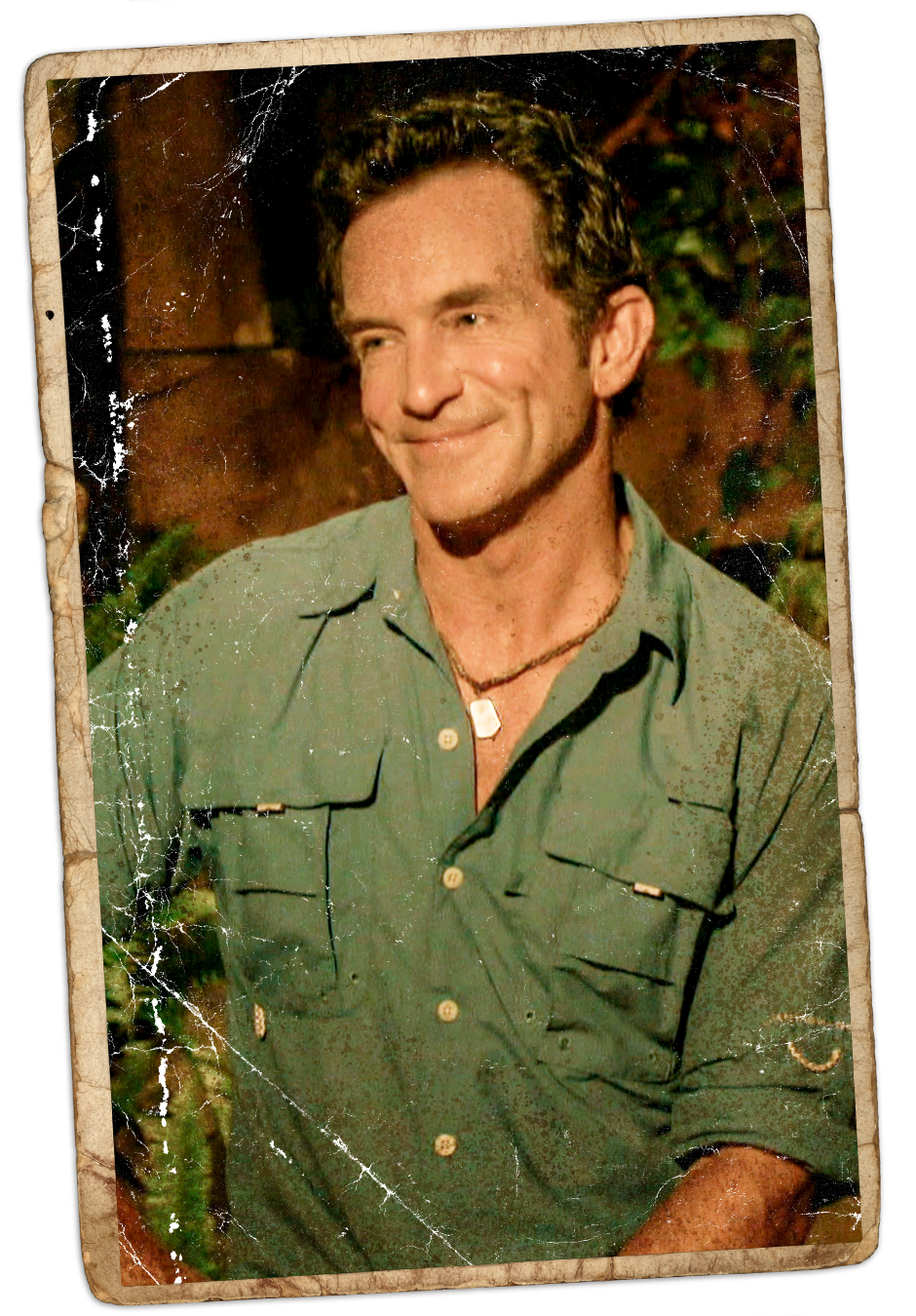
Everyone’s playing for a shot at the $1 million winner-take-all prize money. But as seasons have gone on, it’s become clear that the format is really an extreme stress test of your character and resilience. Contestants now gravitate to the show, not just to win, but to find out how they’ll fare in that pressure cooker, says pop culture writer Evan Ross Katz, who launched a Survivor-themed podcast called Drop Your Buffs in August 2021. “This show is full of real people who are either there to win the money or to have this adventure of a lifetime, or a combination of both," he says.
While our lives have been flipped upside down, each rewatchable season now serves as an escapist, cathartic reminder that of just how hard we can push our limits, and how it’s possible surprise yourself along the way. (At the same time, the show has been fairly criticized for its lack of racial diversity and enabling sexist, homophobic, and transphobic actions. In November, former players and fans successfully lobbied CBS for more inclusive casting.)
I can relate to these new Survivor fans because over the past year-and-a-half, I’ve become one of them myself. My wife, Erin, who works as a pediatric oncology nurse in New York City, and I began watching the show to distract ourselves from the dread that seemed to fill our day-to-day existence. We found solace in the show’s structure, its emphasis on placing ordinary people in extraordinary situations, and even the paternal presence of show host, Jeff Probst.
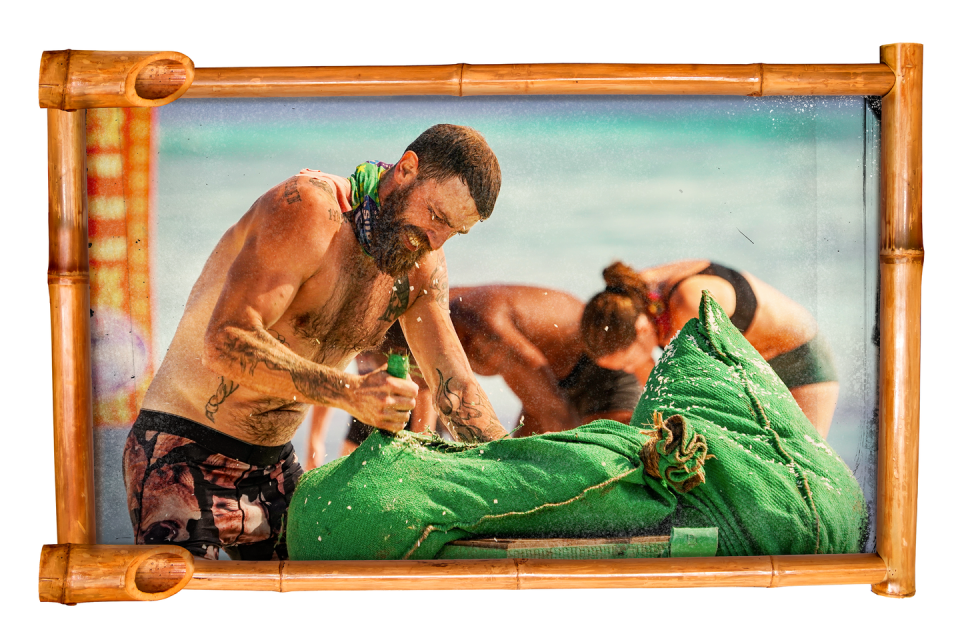
It’s only fitting that with so much about our new normal still unknown, the show itself continues to survive: Survivor returns to CBS for its 41st season on September 22nd. In that spirit, Men’s Health talked to more than a dozen former players spanning the show’s entire history to discover the 17 most important lessons you'll need to be successful not only in the game, but as you leave whatever island you’ve been trapped on as well. (Definite spoilers ahead!)
For many of us, the show’s motto—"Outwit, Outplay, Outlast”—has been a mantra during crises: How do you make it through extreme hardship? What can you do to overcome fear and self-doubt in the face of difficult odds? And once you do survive, how do you go on to live? Real life's often more complicated than reality TV, but to quote another catchphrase that Probst employs at the beginning of every new challenge: Survivors Ready?!
True fans know that isn’t a question—it’s your cue to forge ahead.

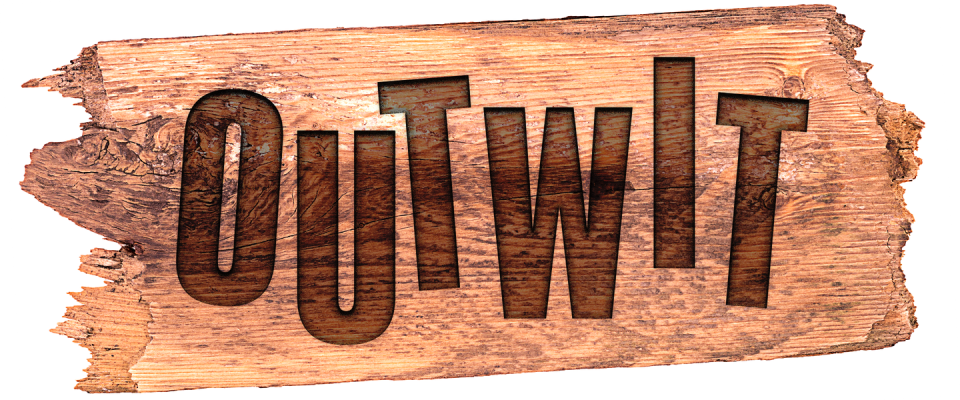
Survivor is a social game of strategy that requires the right mix of patience, instinct, and adaptability. In order to get ahead, it’s essential to align yourself with the right people in the right way.
Lesson 1: Treat People With Respect
By Cirie Fields, Hospital Nursing Director
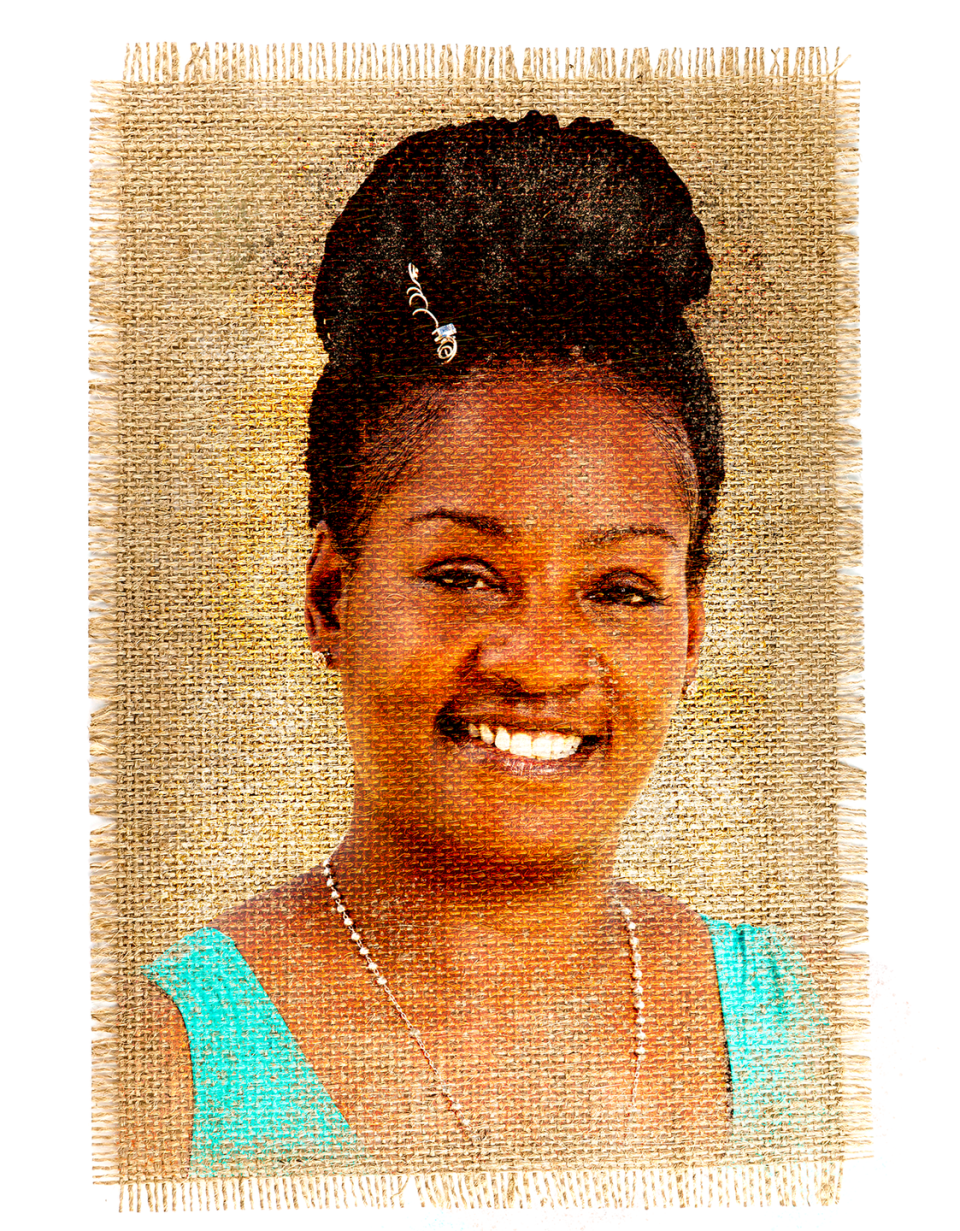
Best finish: 3rd Place, Season 16 (Micronesia)
Known for: Going from a self-proclaimed “couch potato” who never camped to one of the most beloved players in Survivor history
EMPATHY AND TACT beat out anything else. This is the worst environment some of us have ever experienced. And all those emotions, you can’t hide them. So you have to be able to tactfully communicate how you feel—without offending anyone—and you have to do that in everyday life.
There was an instance [during Season 12 within our tribe] on Exile Island when Shane [Powers] stated that Danielle [DiLorenzo] wasn't working or was opposed to work actually. I happened to be standing with them at the time and I didn't take the opportunity to walk away when I should have. Shane proceeds to ask me, “Tell the truth, Cirie. She doesn't work, does she?” My tactful reply was, "She works. She may not work as much as others, but she does try.” It’s this type of scenario where you have to watch your words and choose very wisely.
It’s the same for an under-performing employee that's not doing such a great job, you don't want to totally deflate them—you want to encourage them to do better. [At work], I have to get my point across and I have to get my staff to do what I want them to do. You have to treat people with respect and dignity. And if you do that, you’ve got 80% of Survivor.
Lesson 2: Rally Support
By Stephen Fishbach, Fiction Writer & Media Consultant
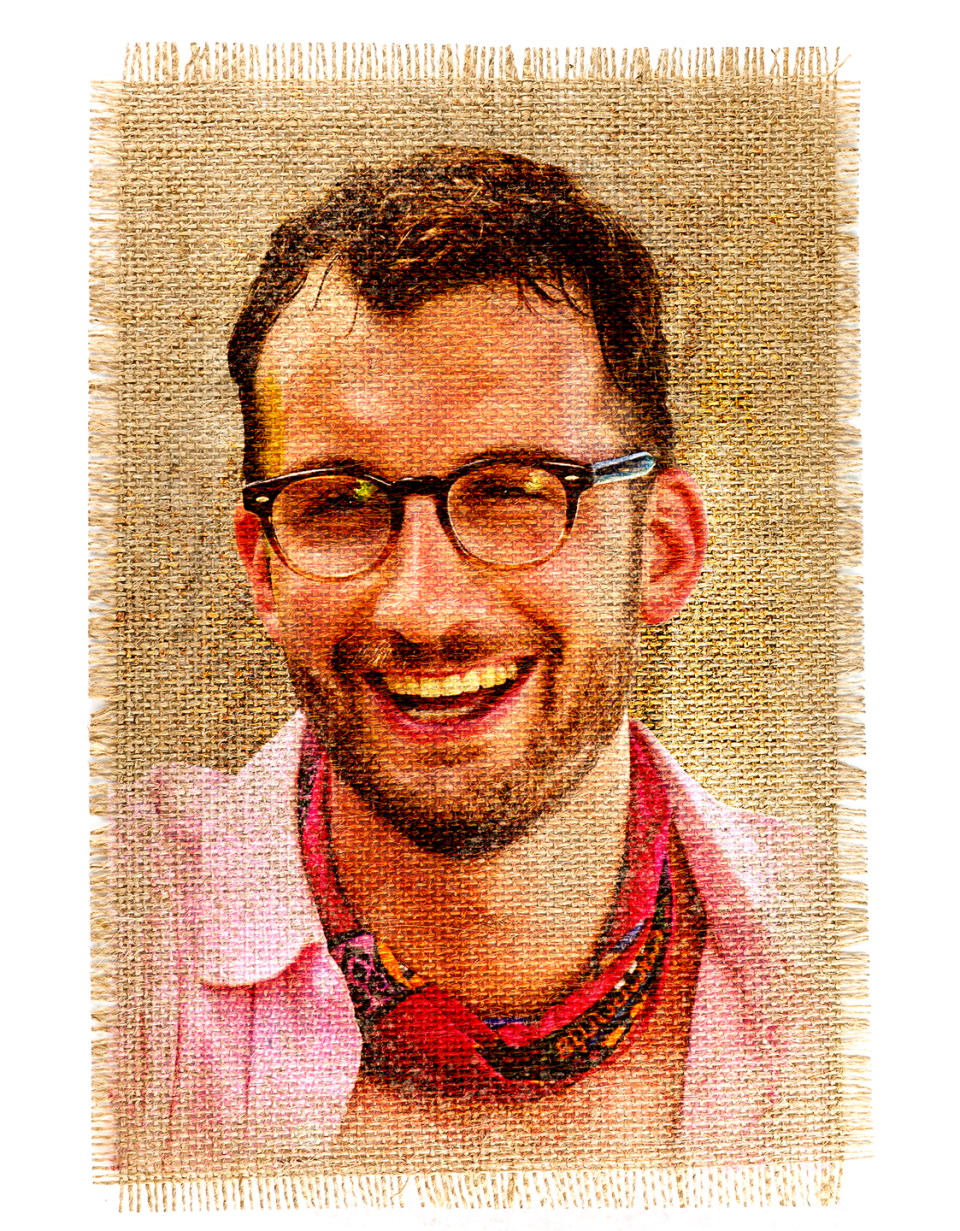
Best finish: 2nd Place, Season 18 (Tocantins)
Known for: Working hand-in-hand with the eventual Tocantins winner, J.T. Thomas, during his “perfect game” that avoided any votes against him all season, and a unanimous win at the final tribal council
CONVINCING PEOPLE THAT a plan that benefits you actually benefits them is basically the signature Survivor skill. Fundamentally, it comes down to trying to understand the other contestants' goals and fears, and then trying to present a plan in such a way that it speaks to those. For example, when I wanted to vote out Spencer Duhm in Tocantins, I needed to get Sydney Wheeler on board. I knew Sydney wanted to play a “moral” game, so I would take long walks with her and talk about how ruthless Spencer was. Then Sydney felt good about voting out Spencer, when really, Spencer was one of her most loyal allies.
Note that the flip side is that, if everybody thinks the plan is theirs, they often don't give you credit for it! Which then comes back to bite you at the final tribal, as I can attest. I wouldn't say I felt immoral about it, since in my opinion, this is literally what Survivor is about. But lying to people's faces definitely isn't something that comes naturally. On my first season, I created my own little moral framework: I could say "I promise" and "I swear" and still lie afterwards, but I would never lie after I said "I swear to God." The idea of any morality at all might seem embarrassingly antiquated in the era of new school Survivor, but having some kind of ethical system helped me feel better about lying to people's faces.
Lesson 3: Maintain Integrity
By Adam Klein, Reality TV Casting Coach & Keynote Speaker
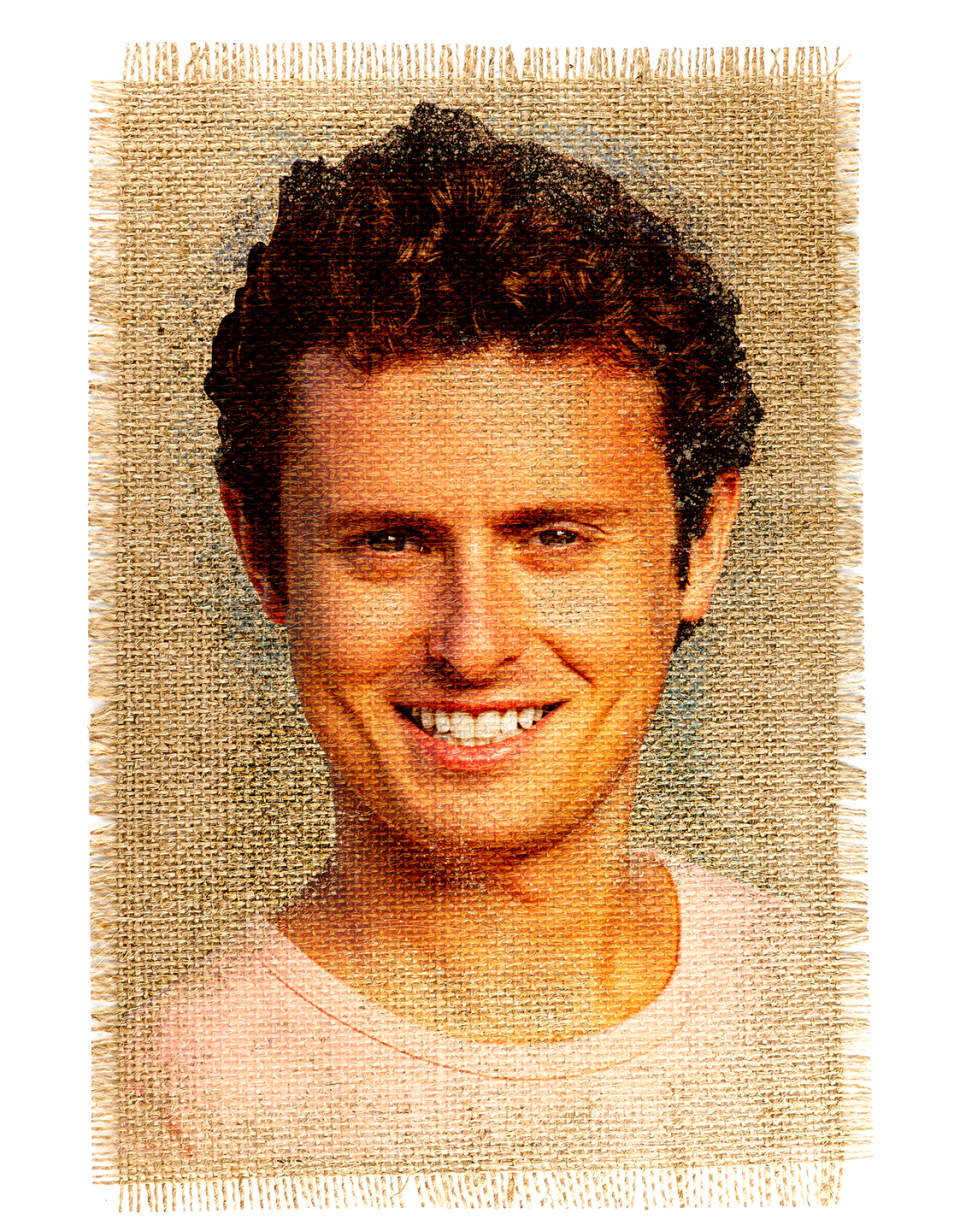
Best Finish: Winner, Season 33 (Millennials vs. Gen X)
Known for: Achieving a unanimous final tribal council victory in Millennials vs. Gen X
[THE SHOW] REFLECTS reality, because in life, you might be able to get ahead in the short term by screwing people over. You can do some people really, really dirty, but if it's not in the confines of good sportsmanship, if you go too far, if you make it personal, if you dig people unnecessarily, it will hurt your reputation.
After the loved ones visit, Will [Wahl] came to me with the idea to take the opportunity to vote out Jay [Starrett] when he least expected it. To me, it felt too personal because Jay had just done something so important for me in letting me [spend more time with] my brother when my mom was battling stage 4 lung cancer at home. I ended up saying no, and it was the one time where I made a move that was more driven by ethics than strategy. Had I taken the more devious approach, I think it would have also cost me jury votes at the end of the game.
[Regardless,] I think it's important to people that they feel seen and acknowledged. When someone would get voted out and then go to the jury, I would make sure to lock eyes with them at the next tribal council and beyond, just so that they knew that even though I may have voted them out, that they as a person were important to me, and that our relationship extended past the game.
Lesson 4: Be Present
By Parvati Shallow, Yoga Teacher & Executive Coach
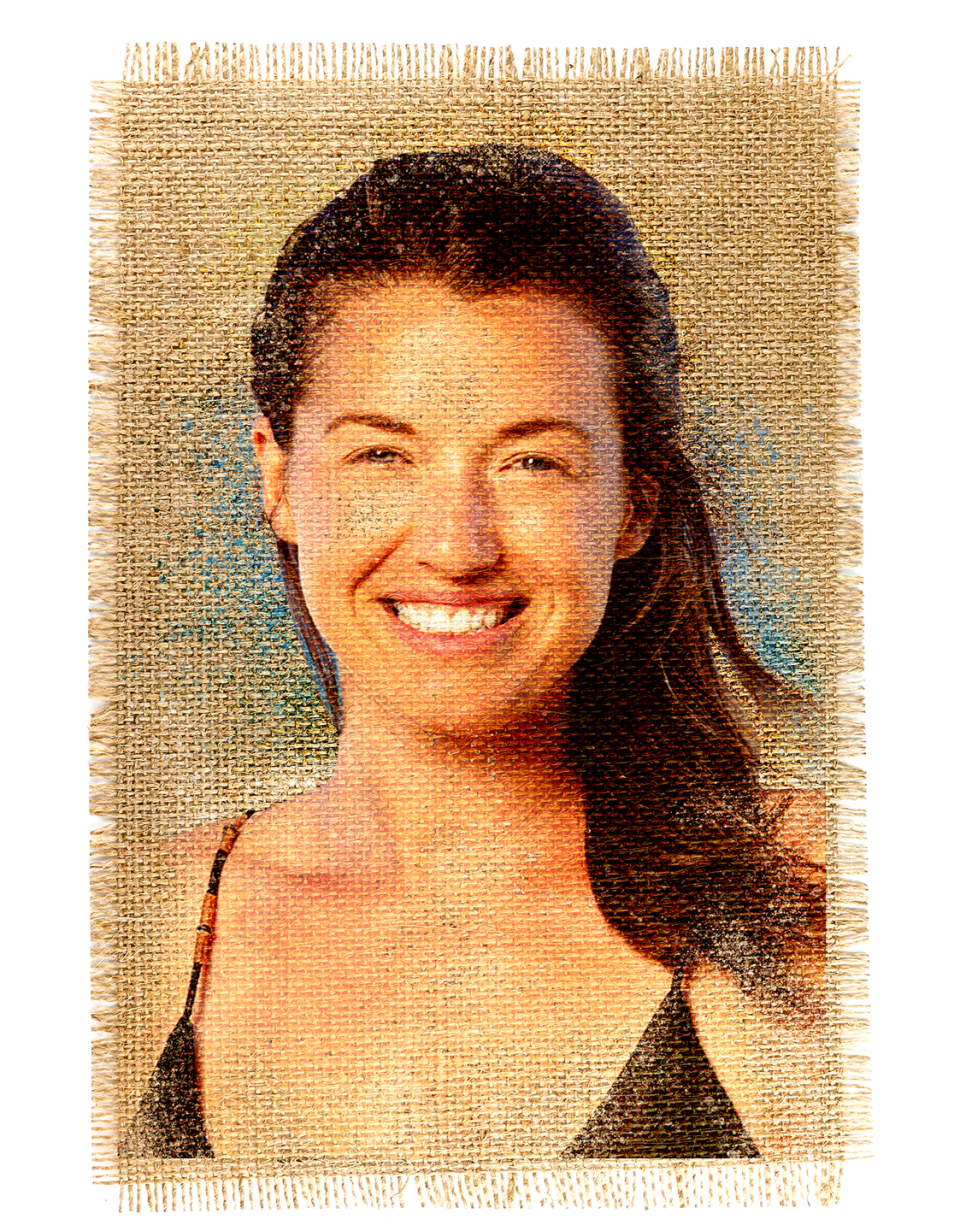
Best Finish: Winner, Season 16 (Micronesia)
Known for: Engineering Micronesia’s infamous “Black Widow Brigade,” a dominant alliance featuring Cirie Fields, Amanda Kimmel, Natalie Bolton, and Alexis Jones
YOU CAN WEAR your mask, but it can't be fake. So you have to retain your authenticity of who you are while you are building these bonds with other people. Being a good listener is the number one priority in Survivor for developing rapport. You have the ability to listen to someone and be super present to what they're saying, and listen with your whole body by taking in their body language, taking in their gestures, taking in any kind of movements they do with their hands or contraction.
Are they leaning in towards you? Are they pulling away from you? You can feel it in your own body. You can actually co-regulate your nervous system with their nervous system. And people will feel instantly bonded with you when you do that, they will feel they will feel trust for you, they will like you, they will want to be around you, when you co-regulate your nervous system with theirs.
Lesson 5: Go Outside Your Comfort Zone
By Wendell Holland, Furniture Designer & HGTV Host
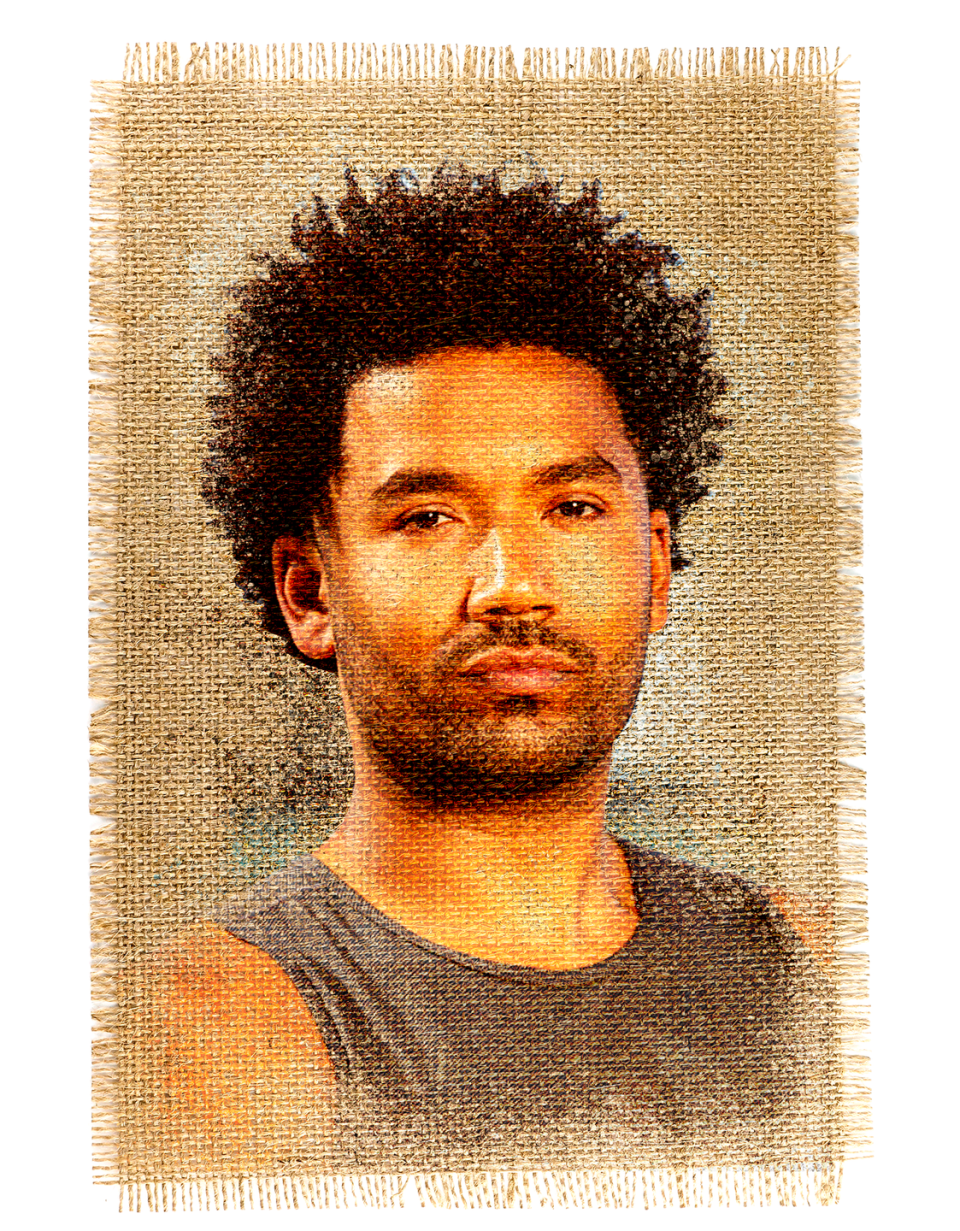
Best Finish: Winner, Season 36 (Ghost Island)
Known for: Winning a fire-making challenge to get to the final tribal council on Ghost Island
WHEN I WAS ON Ghost Island, I got swapped [to a different tribe] and there was a gentleman by the name of Donathan [Hurley]. I don't know what he thinks of me. I do know that he has this crazy, wild Southern accent. And his name is Donathan! With whatever preconceived notions I had, I was scared to have that first conversation with him.
But I talked to him and we ended up being allies. He ended up being the fourth or fifth person at the end, so it worked out. And I work with people now in the design world, with contractors who are completely different than me, politically and every way that you could think. But when we roll up our sleeves and we're hoisting up joists and installing stuff, we're locked in and we're cool. I walk away with new friends just because I was open to that. So don’t be afraid to speak to or open up to anybody, no matter their walk of life.
Lesson 6: Read The Room
By Tyson Apostol, Podcaster & “Pickleball's #1 Personality”
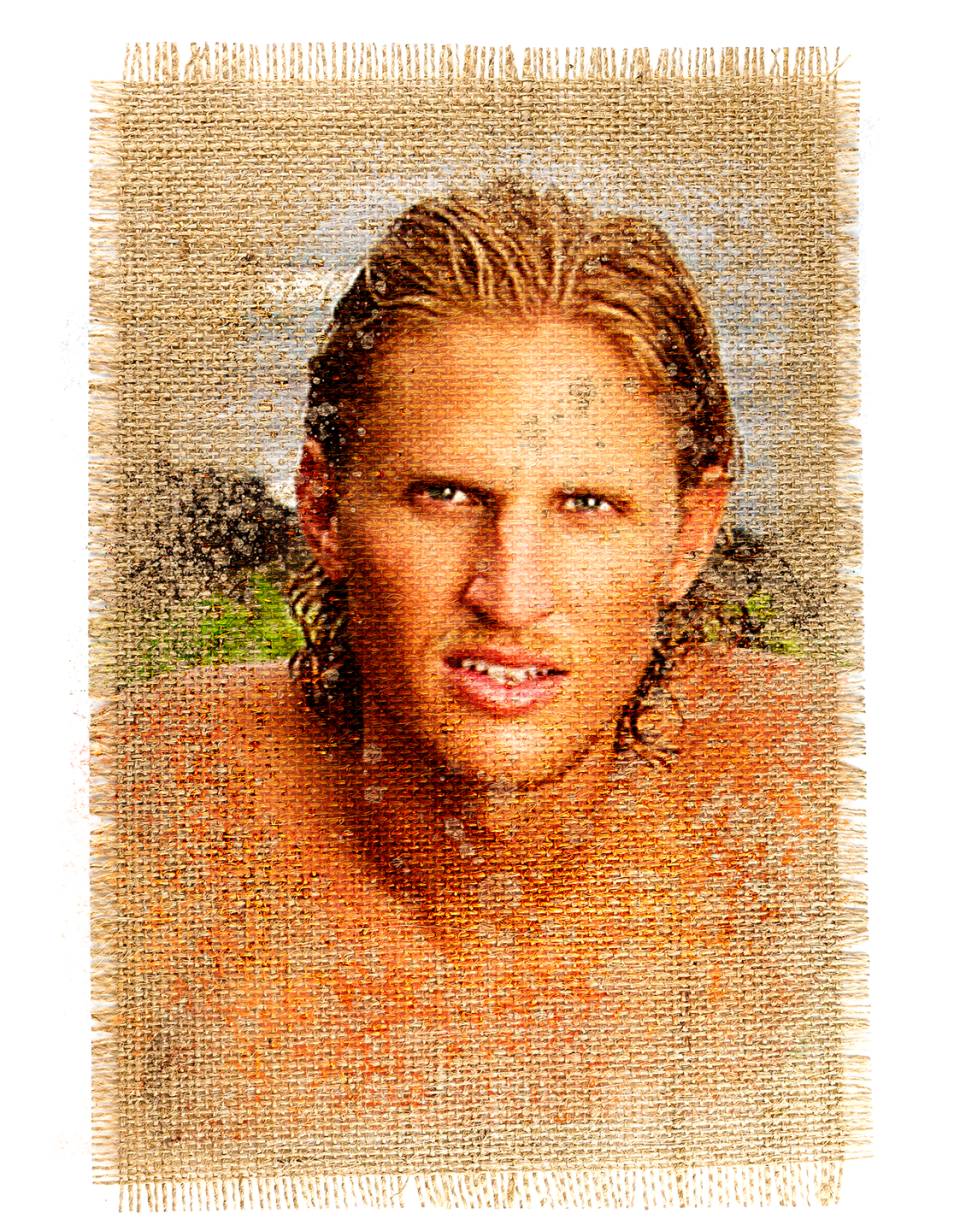
Best Finish: Winner, Season 27 (Blood vs. Water)
Known for: Finding two Hidden Immunity Idols and leading his alliance in Blood vs. Water after his then-girlfriend/now-wife Rachel Foulger was voted out
IN REAL LIFE, there's things you filter and there's things you don't, and it depends on the person you're with, how you know them and how you interact with them. And on Survivor, a lot of people say, “Oh, you can't treat somebody like that or like this.” But sometimes stepping on the gas with one person, it is rallying everybody else. If you're the person that says, “Hey, you're annoying” to someone, sure, it burns a bridge with one person, but you're building a bridge to eight other people that also agree, but can't say it to their face.
Lesson 7: Lead With Empathy
By Ethan Zohn, Social Entrepreneur & Non-Profit Founder
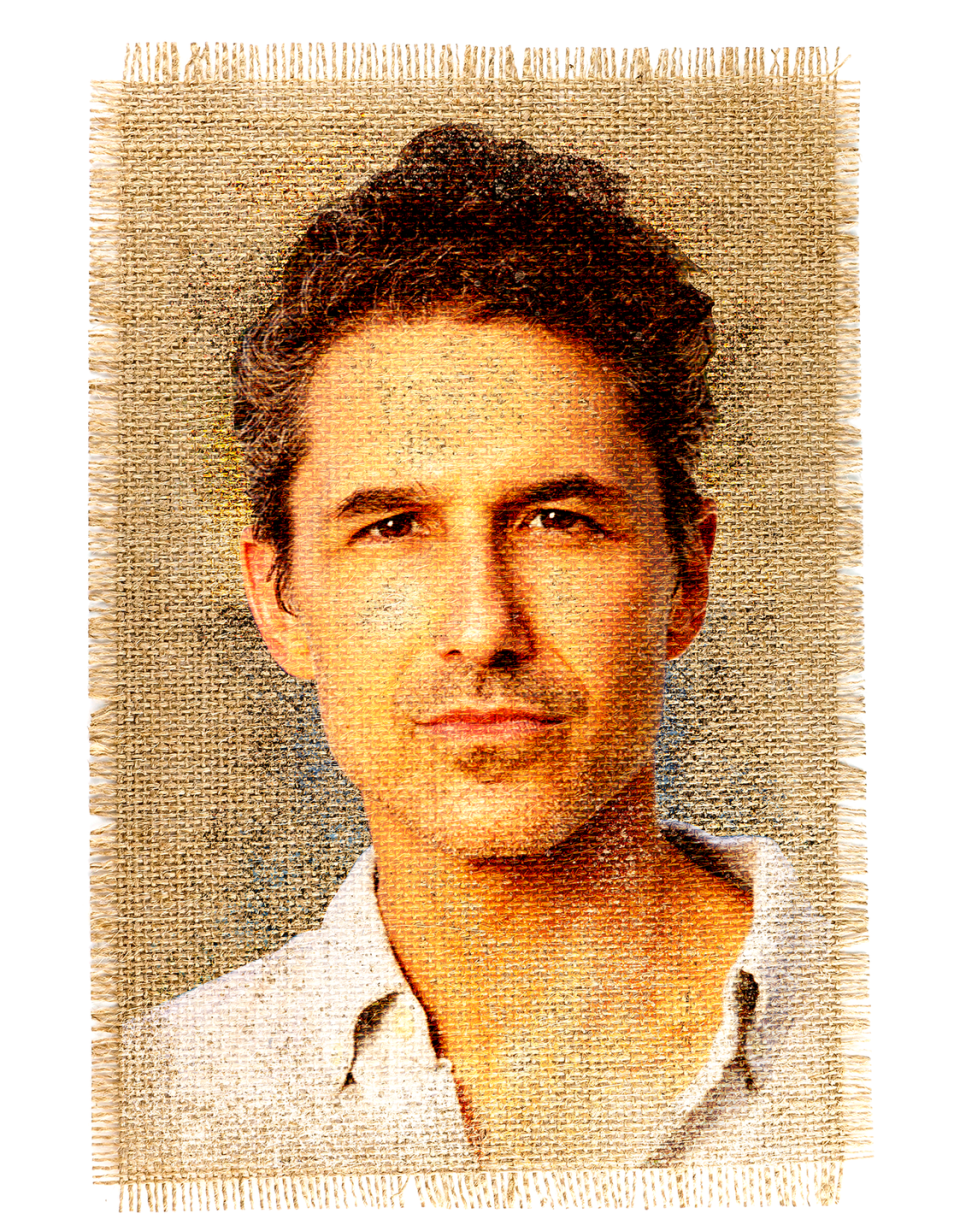
Best Finish: Winner, Season 3 (Africa)
Known for: Being one of the strongest social players to ever win the game
IN SURVIVOR: AFRICA, I aligned with this guy, Big Tom [Buchanan]. He had never met a Jewish person before, and I'm Jewish. We pooled our money for this auction and we won a mystery plate of food, which was bacon, ham, and sausage, and I didn't eat it. So he was like, “He's a Jew! He’s a Jew! He won’t eat the ham!” He's yelling and screaming and celebrating, outing me for being Jewish. He's bringing attention that I'm an “other.”
At the moment, I was a little bit pissed off and wanted to vote Tom off. But I felt like that would have been a little bit too easy, and I needed them to get to the end of the game. So instead, I did the opposite. You know, there's a quote by Abraham Lincoln that says, “I do not like that man, therefore I must get to know him better.” Getting to know him, it just opened doors. It gave us empathy, gave us understanding.
Tom is still one of my best friends. He came to my wedding. And I think to myself, if I never took the time to get to know this guy, I might just be missing out on having a true friend.

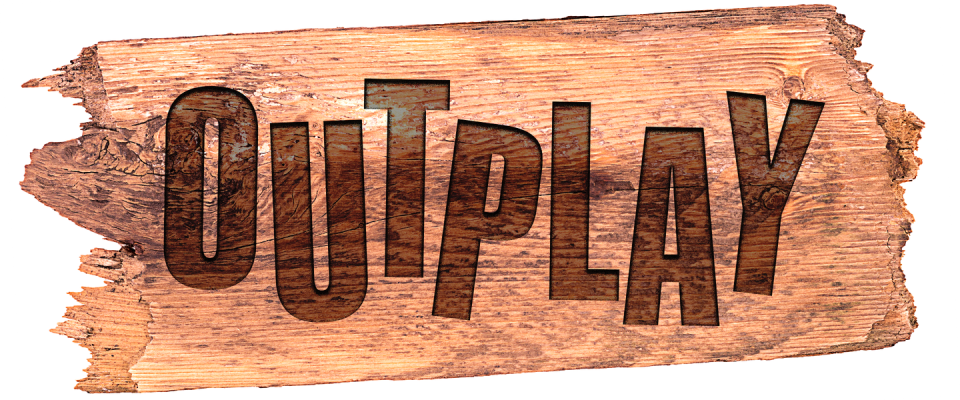
In between all the plotting and scheming, Survivor is a test of strength and mental fortitude. The best find new insight into grueling challenges that test you physically (like obstacle courses) or mentally (like puzzles).
Lesson 8: Challenge Yourself to Improve
By Natalie Anderson, CrossFit Coach & Personal Trainer
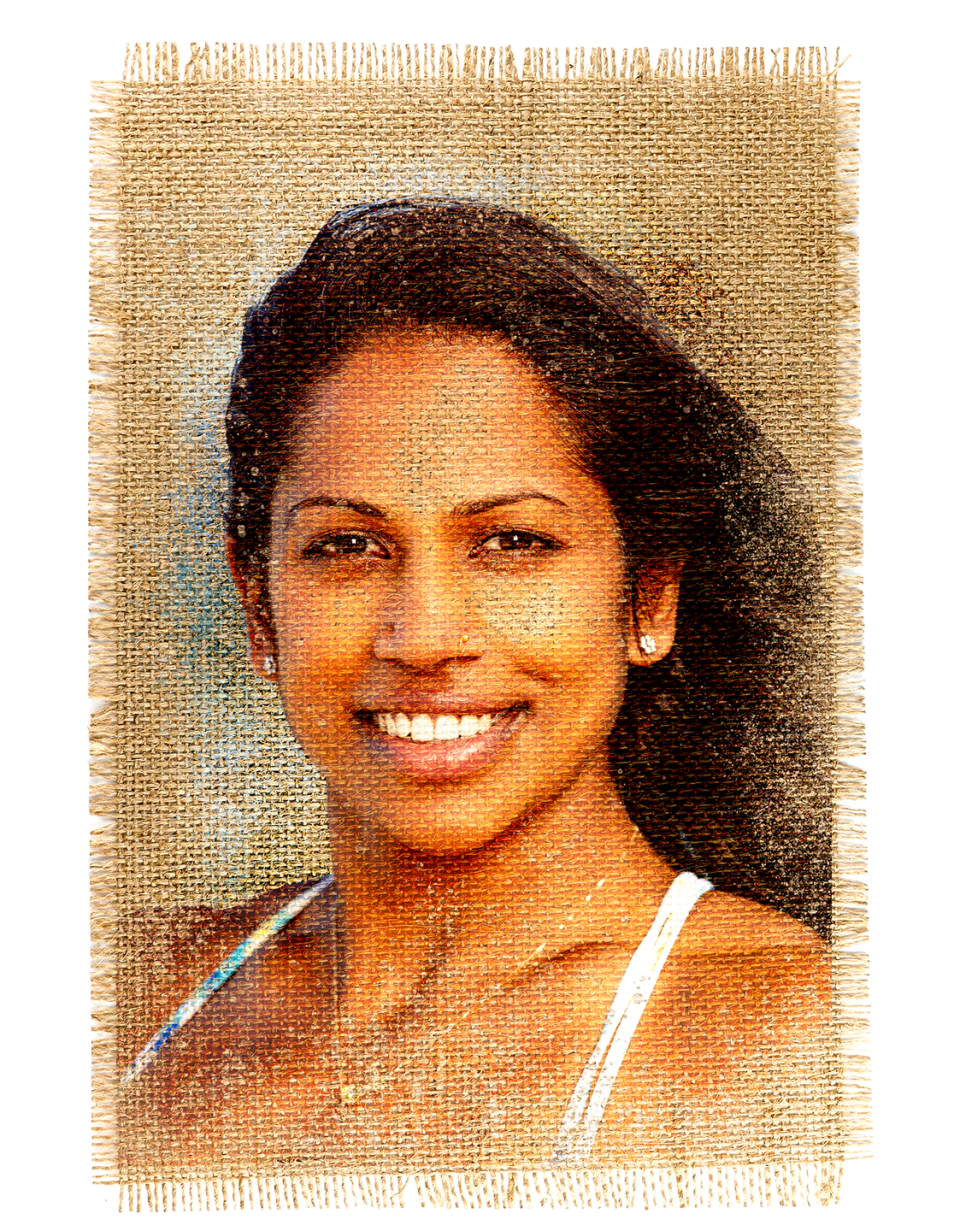
Best Finish: Winner, Season 29 (San Juan del Sur)
Known for: Winning her season after her twin sister was the first player to be voted off
[BEFORE GOING ON the show] my best friend who was living with me at the time was training for the CrossFit Games… I knew I was physically strong, but I didn't know I was emotionally and mentally as strong as I was until I went on Survivor. Just having my back against the wall from day one and just going against couples and crazy people like [former MLB pitcher] John Rocker, I didn't even know I had that in me to stand up for myself or stand up for other people. And the things I've gone through since then, like real-life difficult moments, I remind myself I do have the strength to do it. I just have to harness it.
So when people say, “Oh, I could never do that,” I'm like, “You could do it.” You practice and train just like everything else. You just have to be able to be dedicated to improve yourself in ways that you can be proud of.
Lesson 9: Embrace Each Moment
By Terry Deitz, Airline Pilot
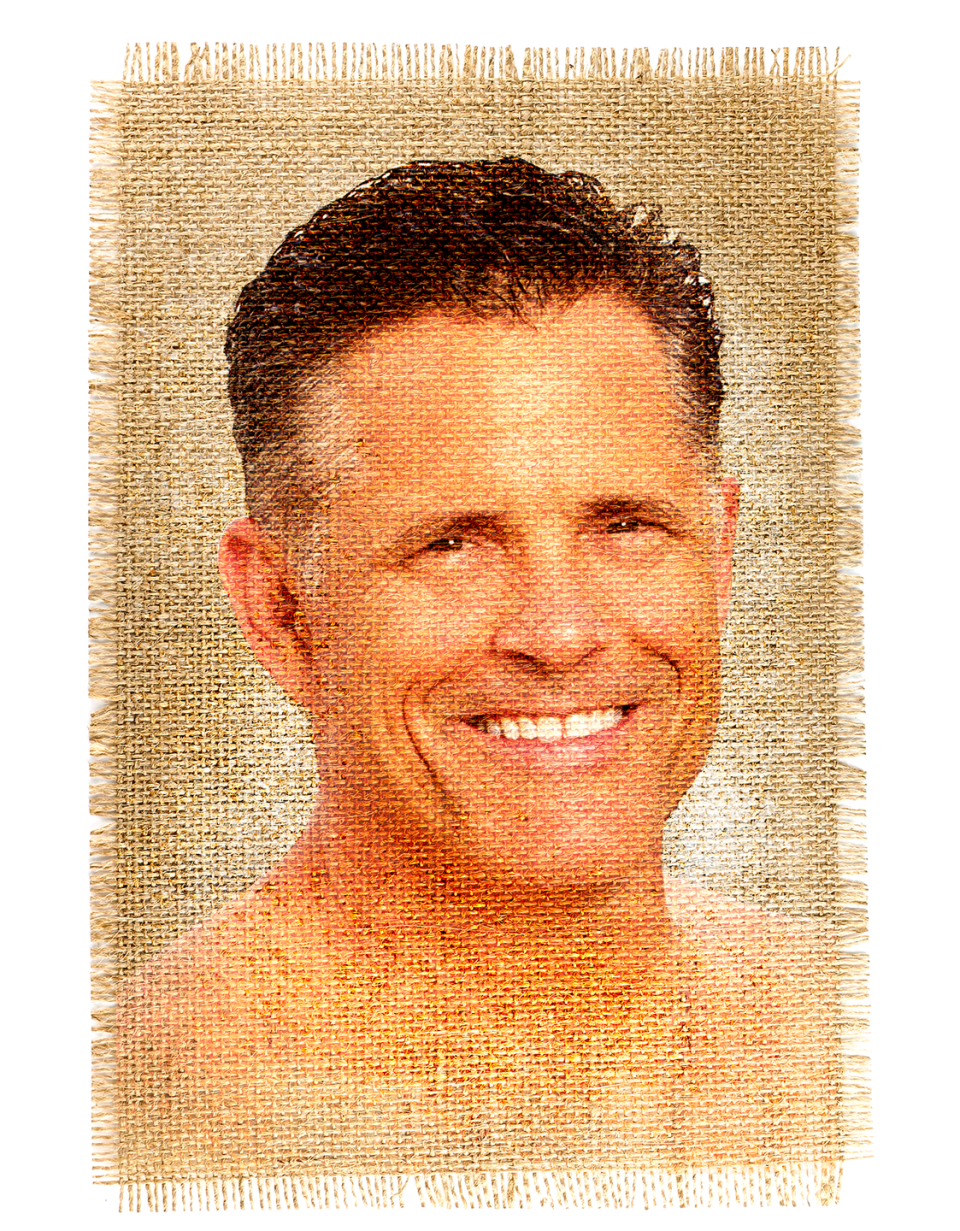
Best Finish: 3rd Place, Season 12 (Panama)
Known for: Winning five Individual Immunity Challenges in a row
HAVING LANDED ON aircraft carriers and been a fighter pilot helped me immensely in the show. Because you know, when the shit hits the fan, dude, keep performing. Don't get lost in the moment, but embrace the moment. You're not hungry—you're starving. Most of us probably lost 20% of our body weight easily, that’s a load on you. Being sleep deprived is a load on you. Being dehydrated is a load on you.
The stress levels of getting down range for every single challenge, every single day, and every single relationship, all had to be dealt with. We're talking about Division I athletes with NCAA rings that fell apart during the show. And in a social situation, I learned to deal with those kinds of stresses a whole lot easier. To take a deep breath and have a little bit more patience with people.
Lesson 10: Trust Your Own Resilience
By Andrea Boehlke, Host for The Design Network & People in 10

Best Finish: 5th Place, Season 22 (Redemption Island)
Known for: Emerging as a challenge threat in her third season, winning every Reward Challenge and two Individual Immunity Challenges
YOU LEARN THAT you're capable of so much more than you ever thought. In real life, I'm an average athlete. Like I’m pretty great at sports, but I'm not excellent. But then on Survivor, I found a way to dig to the deepest part of me, physically, that I never knew was possible.
There was a challenge on Survivor: Caramoan where we were underwater, there was a grate, and the water was rising. [The challenge] was whoever can stay under there the longest. And the water is coming up past your mouth and you're trying to come up with some contraption on the spot so you can breathe for a couple seconds. I remember thinking, if I drown, someone's gonna bring me back to life. And I ended up coming up and I was second place in that, but I just remember being proud of myself. I found that I was tougher than I thought.
Lesson 11: Give It All You’ve Got
By Malcolm Freberg, Copywriter & Freelance Celebrity Ghostwriter
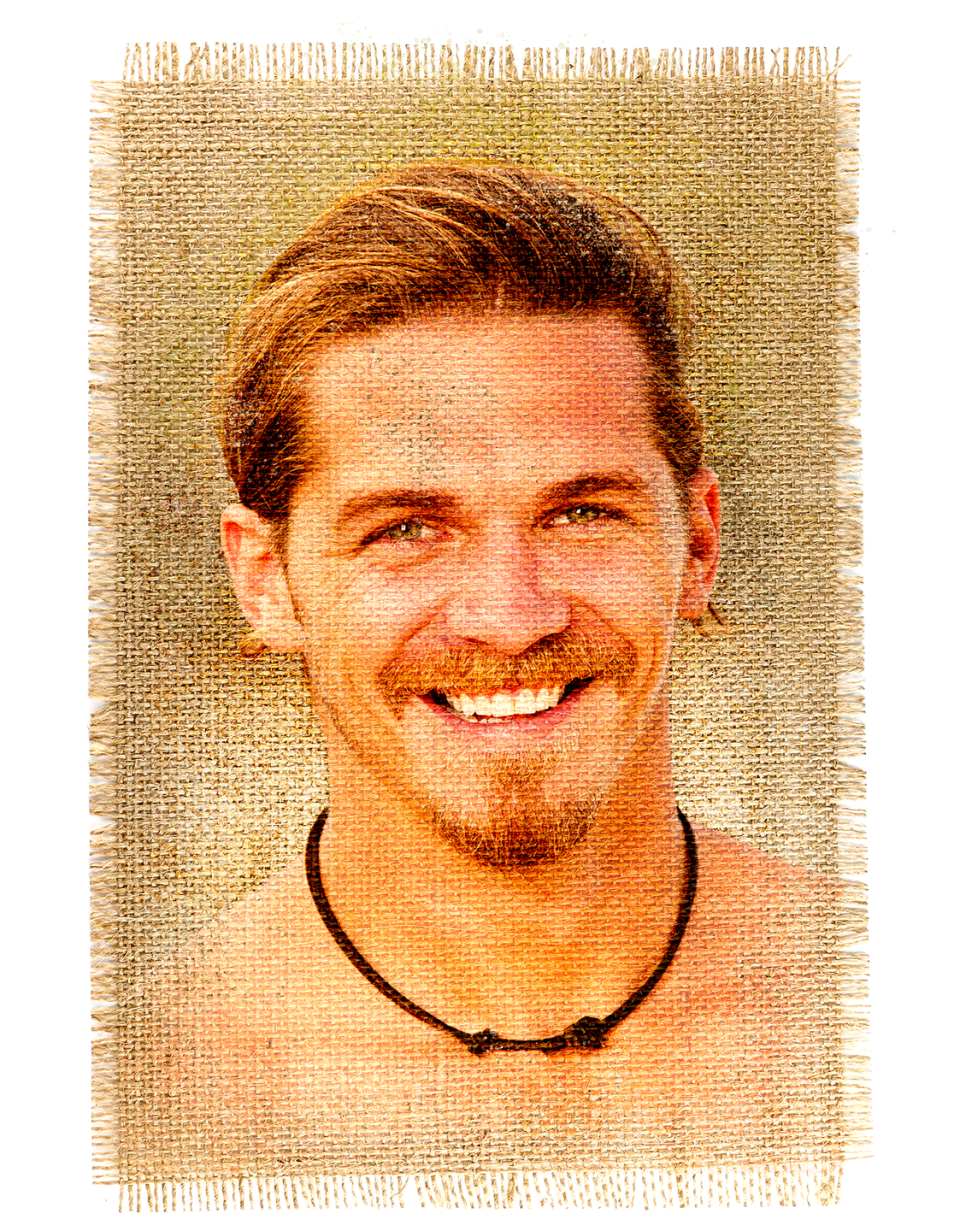
Best finish: 4th Place, Season 25 (Philippines)
Known for: His fan-favorite alliance and friendship with Survivor winner, Denise Stapley
I WAS RAISED by a man who taught me the best way to play poker is by going all in at the beginning of the game. Like, why are you even at the plate if you're not swinging for a home run? I brought that mentality to Survivor. And I understand why [someone would] think, “Maybe if I don't step on anybody's toes, or nobody's mad at me, or I don't do anything, I might stumble my way into a million dollars.” But my mentality, it's just not that at all. It was hard, because this was the biggest stakes I’d ever be dealing with. It's fear-driven. And then I came back into the real world after the fact having just gone for broke—and gone broke literally in the game.
[In life], don't pay attention to the stakes. I still maintain that ignoring the stakes is the best way to approach most situations. I'm not advising reckless abandon 24/7, but the fear that accompanies high-stakes situations affects behavior and decision-making, often for the worse. I'm convinced this is why so many Survivors—who might have been brilliant—end up playing “not to lose” instead of “to win”: They let the stakes rattle them.
Yes, it all went to hell for me on the island, three times and counting, but that mentality has paid off in the real world. So take that big job interview seriously, but get into the mindset that it's just another casual meeting with coworkers you've known for years. Act like your basketball tryout is a pickup game in your neighbor's driveway. It’s worked for me so far.
Lesson 12: Live Your Truth
By Ben Driebergen, Marine Corps Veteran & Stay-at-Home Dad
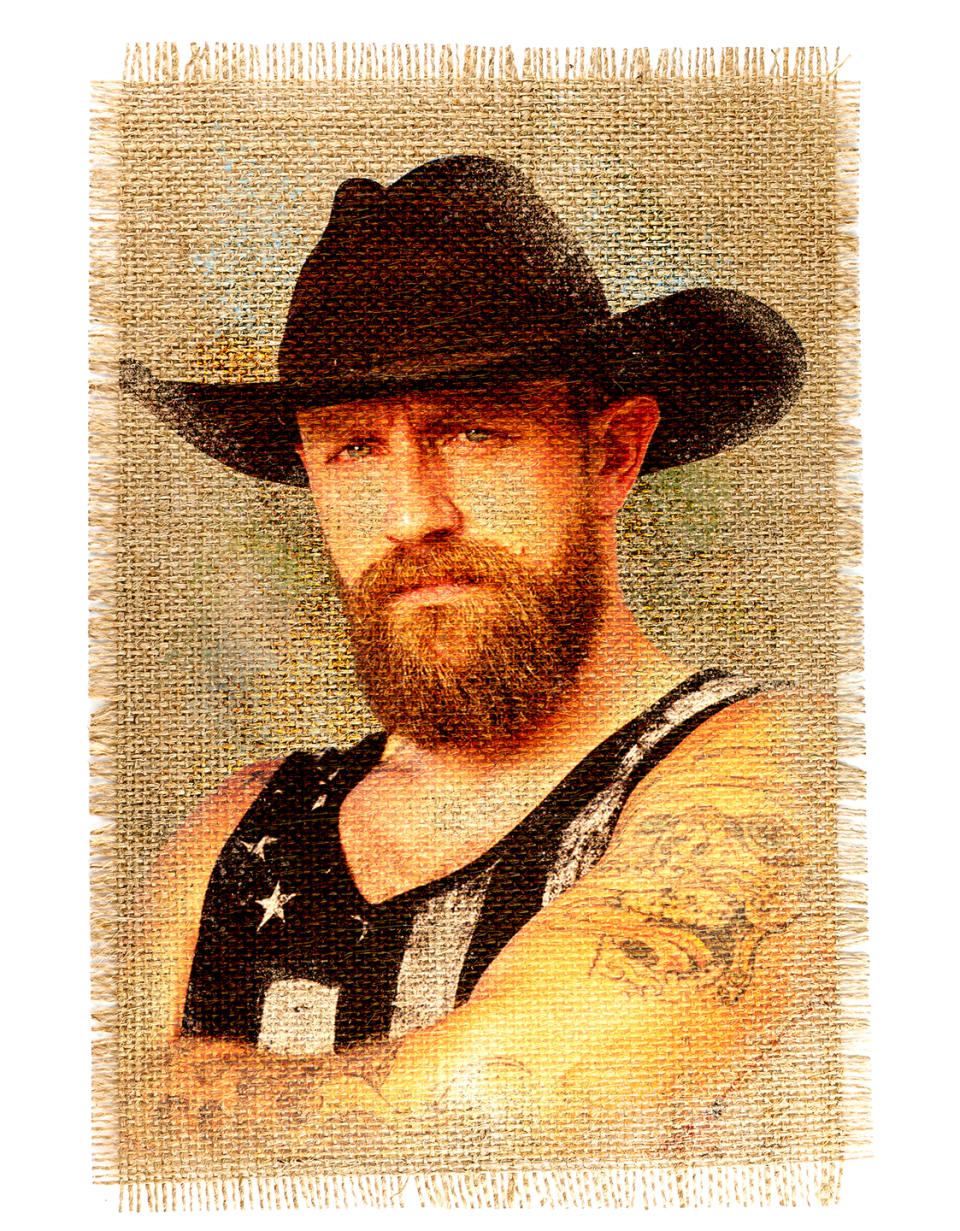
Best Finish: Winner, Season 35 (Heroes vs. Healers vs. Hustlers)
Known for: Openly sharing his struggles with PTSD while also tying an in-game record for finding and playing three Hidden Immunity Idols
I'VE HAD A LOT of experience where you have plans and everything kind of goes out the window once the first shot is fired. And then you're just adapting. Being in combat, you had to have a knee-jerk reaction. You had to be that quick on the fly every time a bullet or mortar or something went off.
I never expected to have my PTSD thing come to life, right? But being able to show that on television and have Survivor pretty much handle it perfectly was an eye-opener. And then the fact that people would reach out saying, “Man, thank you for being strong.” People not only with combat and PTSD experience, but people that have been victims of sexual assault or in car accidents when they've been rear-ended. Just the amount of people that were touched by [my story] was pretty humbling and overwhelming, in a sense that it went from me working it out by myself to having it just broadcasted out there. It ended up being a really good thing for a lot of people.


No matter how you do it, the only way to win Survivor is make it to the final day, Day 39. Turns out, you can learn a lot about yourself by simply not quitting.
Lesson 13: Be Authentic
By Kelly Wiglesworth, TV Host/Producer & Non-Profit Communications Manager
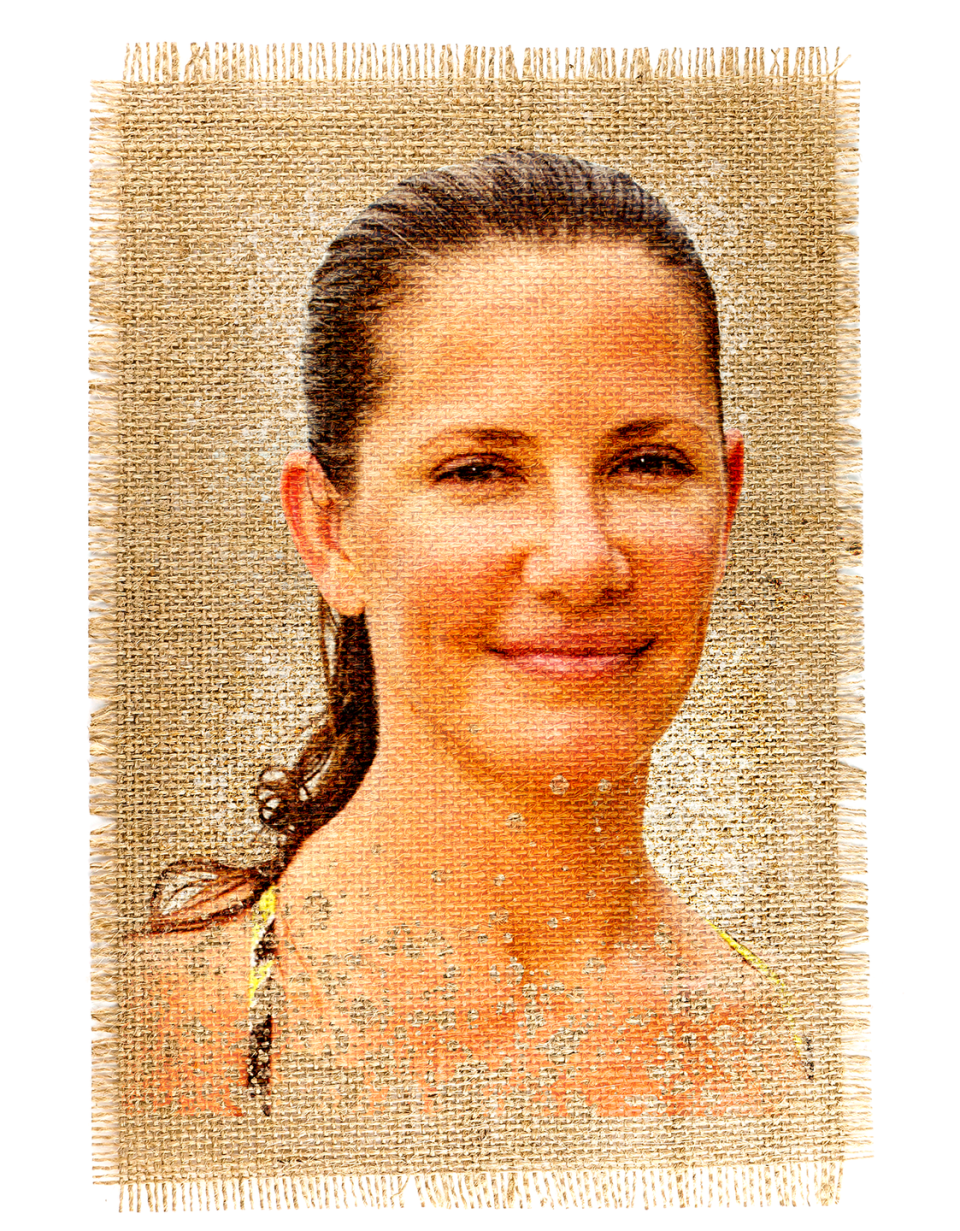
Best finish: 2nd Place, Season 1 (Borneo)
Known for: Winning the final four individual immunity challenges in a row to make it to the series’ first ever final tribal council
DID YOU EVER see the movie The Neverending Story? Atreyu goes through all these things: The Swamp of Sadness, the big statues with the laser eyes. And then the big final test is when he goes through a freezing, snowy forest and he gets to a mirror...and that’s it. He has to stare at himself in the mirror. That was it.
[On Survivor], it wasn’t about surviving other people. The toughest thing was: At the end of 39 days, can you look at yourself in the mirror and be proud of who you are and what you did? No matter if there's a trunk full of money, or millions of people watching on TV or nobody. The me that walked onto that island and the me that walked off are two totally different people. True conflict reveals deep character.
I wanted to walk off the island proud of myself and what I did and make others proud. I knew I was different when I didn't react to or care about what Sue [Hawk] said to me [in final tribal council]. I knew who I was and what I did and I didn't need anyone to validate me. Now that I am a single mom raising a 7-year-old boy, he is getting to the age where he is curious and wants to see Survivor, and I know he will be proud of my when he eventually watches.
Lesson 14: Trust Yourself
By Troyzan Robertson, Freelance Photographer
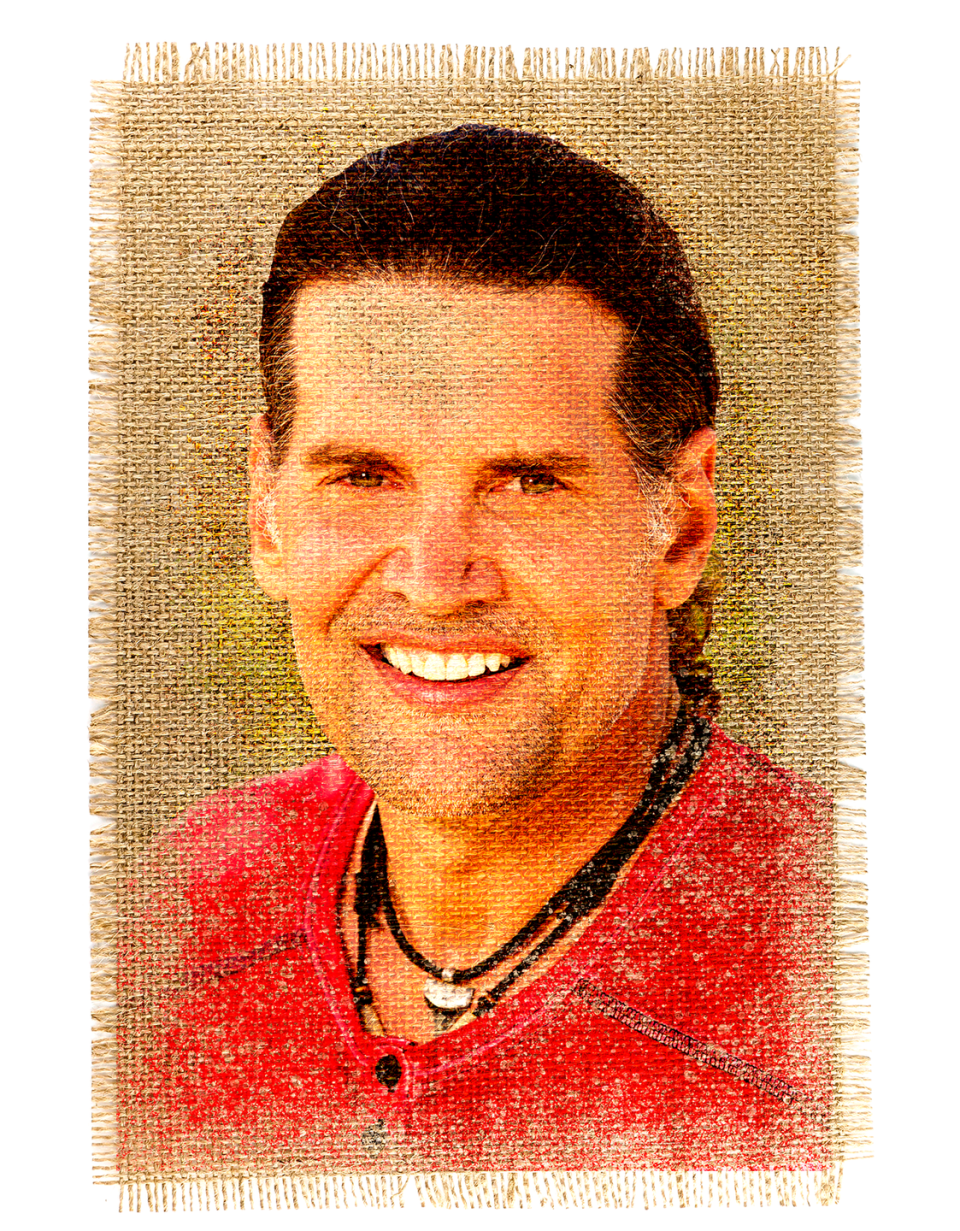
Best Finish: 3rd Place, Season 34 (Game Changers)
Known for: Arguably the greatest Survivor audition tape of all-time featuring swimsuit models, monkeys, and an epic soundtrack
WE ALL HAVE this intuition that we base our lives on. Should I make this decision? Should I do that? And you don't really get a chance to check that in your real life. But on Survivor, when you look back at it, you can say to yourself, “Oh god, I knew that guy was jerking me around.” My intuition said I should follow this person. And my intuition was right I'd say 99.9% of the time. That told me: Trust yourself, man. I got that from Survivor. Trust yourself.
Lesson 15: Let Vulnerability Be a Strength
By Zeke Smith, Age 33, Comedy Writer & LGBTQ Activist
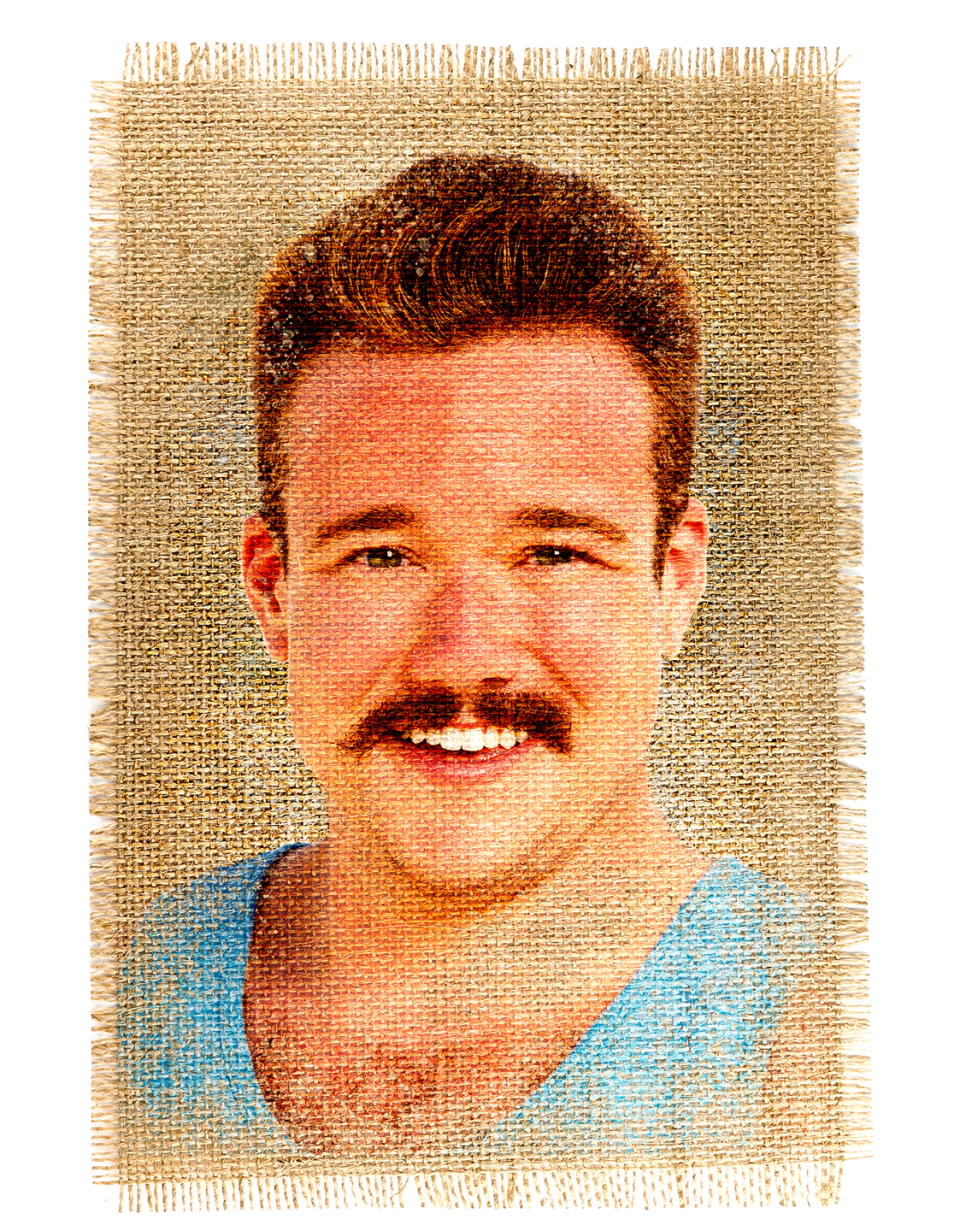
Best Finish: 9th Place, Season 33 (Millennials vs. Gen X)
Known for: Being publicly outed as transgender by another player and turning that negative experience into something positive for the trans community
SURVIVOR TAUGHT ME that I need to be vulnerable, share my emotions, and not just be this brick wall that hides everything. It's also taught me the importance of kindness. And Survivor is not a kind game by any stretch of the imagination. I thought that to be successful in life before Survivor, it was about just holding everything in and being a knight, wearing layers and layers of armor so you could deflect everything. But now, I've learned that it's just so much better to walk around without the armor. Trust you're resilient and that you can rebound from things that people do to hurt you.
I'm in a relationship with the love of my life. We've been together for three years and we just bought a house together. We've got a joint bank account. I’ve done advocacy work with the trans community that means so much to me. Being able to be vulnerable with a partner is what builds relationships. Being able to be vulnerable with the young people that you work with allows them to see that they have a future. Being vulnerable as a writer allows you to write stories that connect with people. So that skill, that fundamental ability to be a human, has taken me far in the past four years.
Lesson 16: Bounce Back
By Benjamin “Coach” Wade, Travel Soccer Coach & Symphony Orchestra Maestro
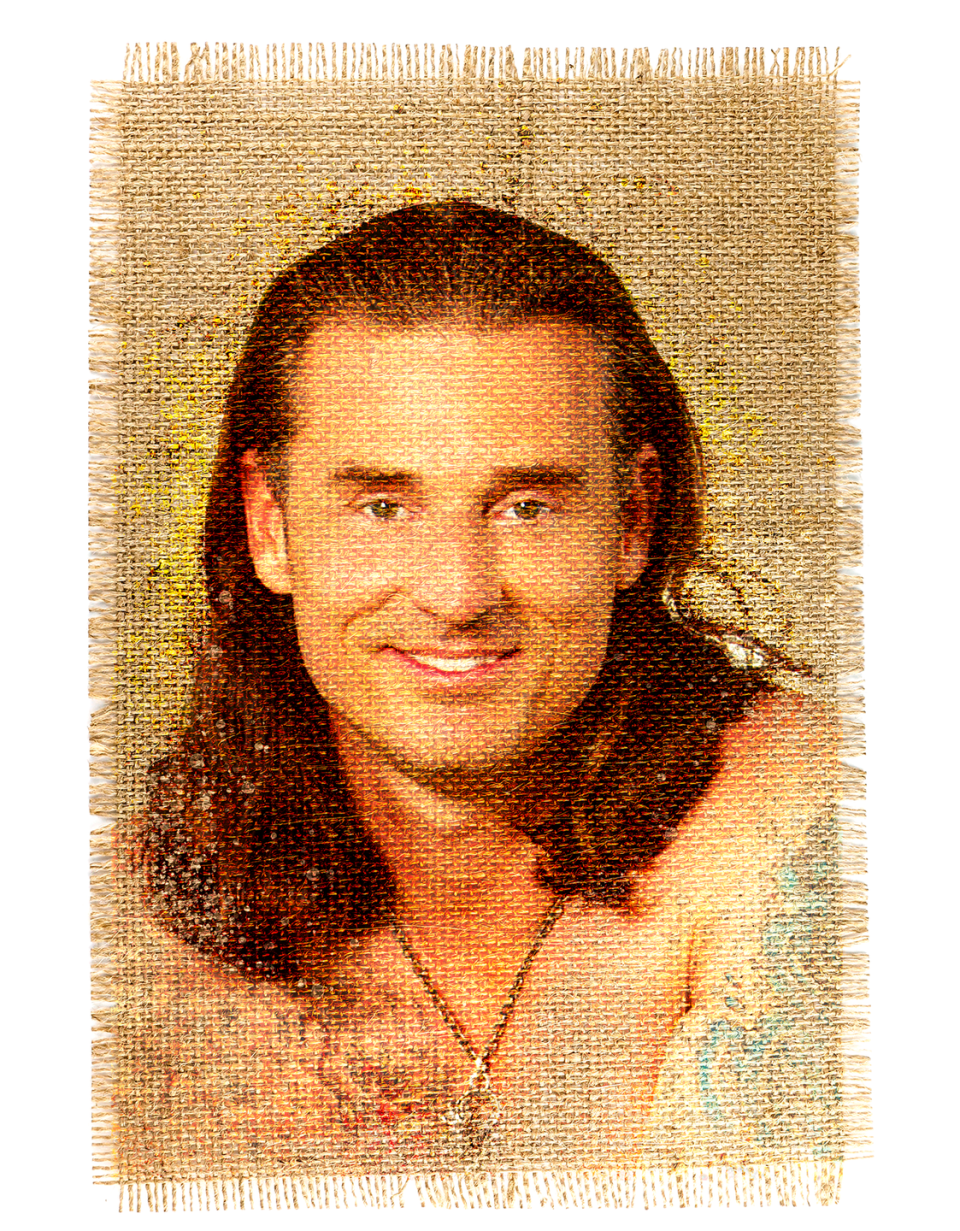
Best Finish: 2nd Place, Season 23 (South Pacific)
Known for: A spiritual awakening on Exile Island for the self-described “Dragon Slayer”
IT'S ONE HUNDRED percent the case that we do not grow on the mountaintops, we only grow in the valleys. I get off Survivor and I think I'm going to be a hero. But I got fired from my job and I’m still blackballed from the NCAA—I haven't coached there since. My inner circle looked at me with fear and doubt. It was the worst time of my life. And just like on Exile Island, I learned the most about myself in those three months [after Survivor: Tocantins].
I realized on the show, looking in the mirror, that I was perceived to be—and could possibly be— arrogant. It was a great eye-opener. If that's the guy that I am in normal life—even for a minute, even for a day—I'm going to turn people off and I don't want to be that guy. So for the show, I'm forever grateful for teaching me two big life lessons: to be more humble and to stop squandering what I've been given. “To whom much is given, much will be required.”
Lesson 17: Practice Gratitude
By Jerri Manthey, Jewelry Designer & Audiobook Producer
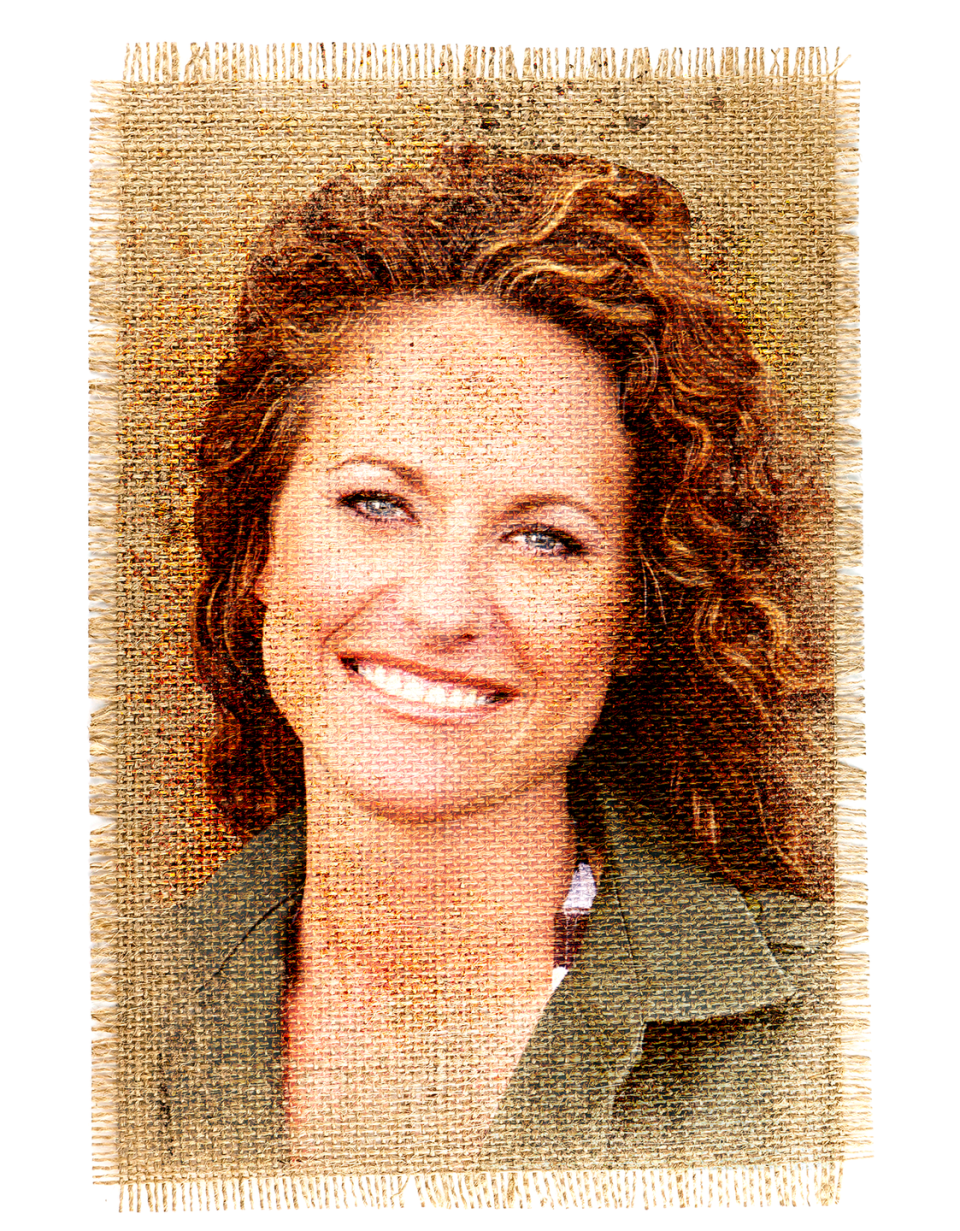
Best Finish: 4th Place, Season 20 (Heroes vs. Villains)
Known for: Being the show’s first bonafide villainess thanks to her love-hate relationship with eventual Australian Outback runner-up, Colby Donaldson
I TELL PEOPLE all the time that I don't take for granted some of the very basic things that I have now. Like, a bed. After All-Stars, I came home and I was like, “I'm never going to have a bad night's rest again.” I bought myself a TempurPedic and that was like 2004. Still, every night, I crawl into my bed, and I'm so grateful for it. When it's pouring rain outside and I hear the rain hitting the roof, I'm so grateful that there's a roof over my head. Every time it rains, and I smell wet soil, I have a flashback. I remember what it was like to be freezing and shivering outside. And now I’m able to enjoy that smell instead of freaking out.
[The show] also teaches you to really, truly embrace the people that you do trust, and the ones that you love. The world tends to bring out the worst in people at times, especially in stressful situations or survival situations, which I think we've all started to understand a little bit more now. But I always tell people life is very, very short, unless you're unhappy. And then it's very, very long! So find the joy in every day.
—Interviews as told to Spencer Dukoff
You Might Also Like

